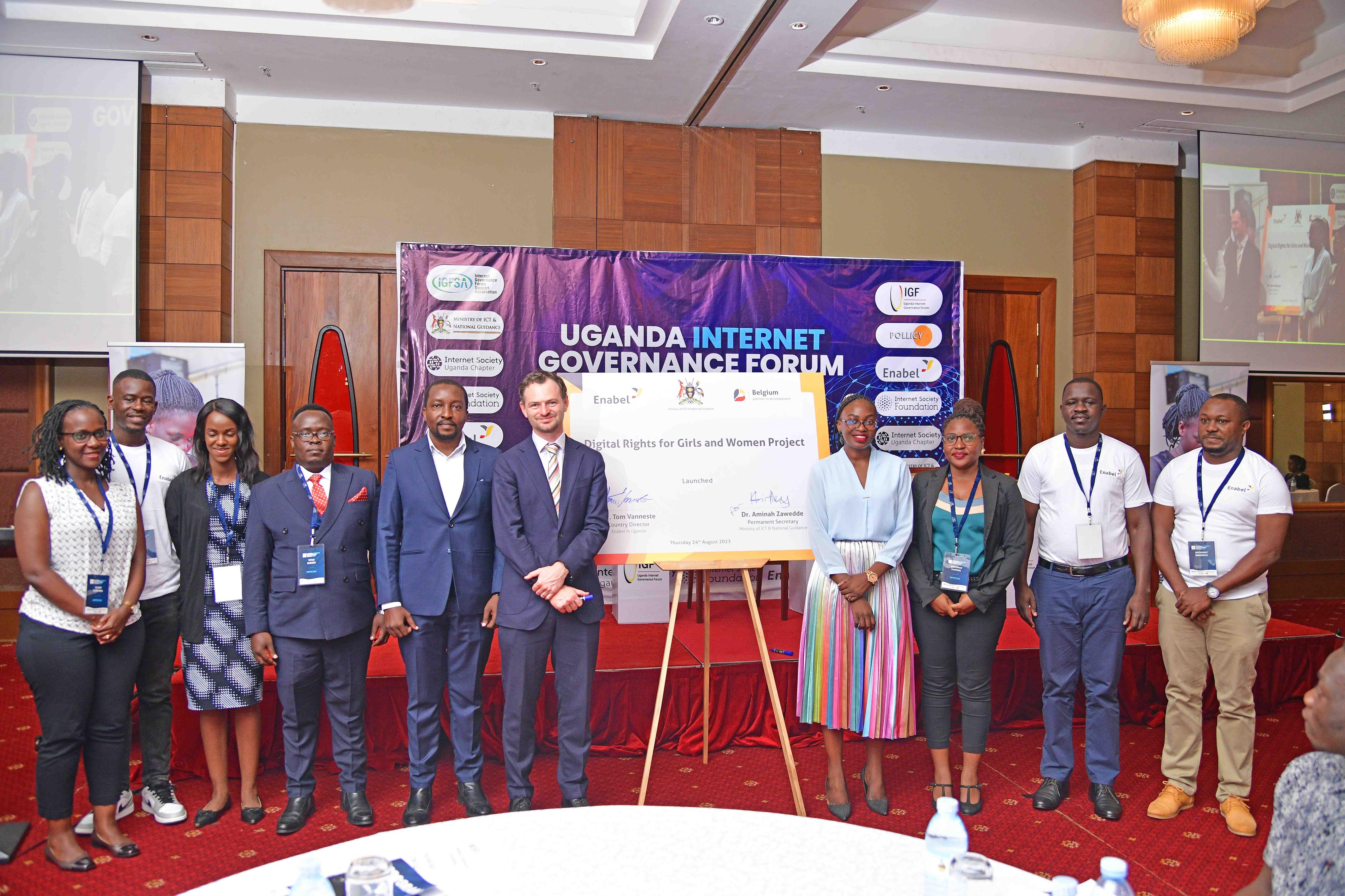Prime
Let’s invest in science, technology and inclusivity

Mr Saul Weikama
What you need to know:
- To expand on this production, the government invested $80 million to establish a Kiira Vehicle Plant in Jinja. It is expected that this mobility value chain will directly and indirectly create 500,000 green jobs by 2040, reduce transport-based emissions by 25 percent and produce 10,000 electric buses, 1,000,0000 electric motorcycles by 2030 and increase sector-contribution to GDP of up to 12.5 percent.
To mark the World Science Day for Peace and Development on November 10, the Science Technology and Innovation (STI) secretariat has officially kicked-off the National Science Week celebration to highlight Uganda’s strides in fostering a science-driven economy.
As the week’s events unfold, it is essential that a prominent discussion, followed by concrete action, takes the spotlight.
The concept of a science-driven economy, or the utilisation of scientific innovation to generate and implement groundbreaking ideas, technologies, and research methodologies that significantly advance scientific knowledge, understanding, and application, stands as a potential game-changer for the economy, capable of permeating and transforming nearly every aspect of our daily lives.
In a bid to foster growth in the field of pathogen control and management, Uganda has made substantial strides in research, development, technology transfer, and commercialisation of innovations.
The integration of digitised health systems, telemedicine, health analytics, and innovative medical devices has been prioritised to enhance patient safety and expand the scope of Universal Health Care coverage.
Known for its reputation as a “food basket,” the country’s food supply chain is currently facing threats posed by climate change, crop diseases, and the challenges that small-scale farmers encounter in responding to predictable weather patterns.
To tackle these pressing issues, Uganda must prioritise scientific and innovative research aimed at enhancing the competitiveness of its agricultural sector, promoting sustainable farming practices, and preserving the environment. These efforts will not only encourage the diversification of the rural economy but also improve the overall quality of life in rural areas.
As part of Uganda’s import-substitution strategy, the government in 2018 established Kiira Motors Corporations to deliver electric and diesel business at its Luweero industries in Nakasongola. As of today, we have produced 6 EVS buses and two diesel Kayoola coaches.
To expand on this production, the government invested $80 million to establish a Kiira Vehicle Plant in Jinja. It is expected that this mobility value chain will directly and indirectly create 500,000 green jobs by 2040, reduce transport-based emissions by 25 percent and produce 10,000 electric buses, 1,000,0000 electric motorcycles by 2030 and increase sector-contribution to GDP of up to 12.5 percent.
To realise a transformative science and digitally driven economy, Uganda must institute crucial reforms to fortify its science, innovation, and technology ecosystem.
This entails reforms in policy, research funding, innovation management, infrastructure development, collaborative efforts, capacity building, digital skills development, and talent attraction. Strengthening the business environment for innovation and fostering an idea-to-market approach can stimulate research-driven entrepreneurship and encourage cross-border technology transfer, ultimately unlocking the full potential of Uganda’s investment in innovation, technology, and research.
From innovation ecosystem builders like us to private sector players including Private Sector Foundation Uganda, to innovators within our ecosystem, to universities, corporate companies, development partners and government, the talk should be on fostering an innovative ecosystem, research, skilling and creating a sustainable entrepreneurial culture that will speak to future disruptions.
In our race to the future, the response to become a digitally driven economy led by innovation and technology requires more than just my suggestions above.
Emphasis should be on creating an interactive and collaborative ecosystem to create impactful solutions and navigate the complexities of the future in ensuring sustainable innovation in Uganda.
Mr Saul Weikama, Lead, Digital Economy Practice, Innovation Village




